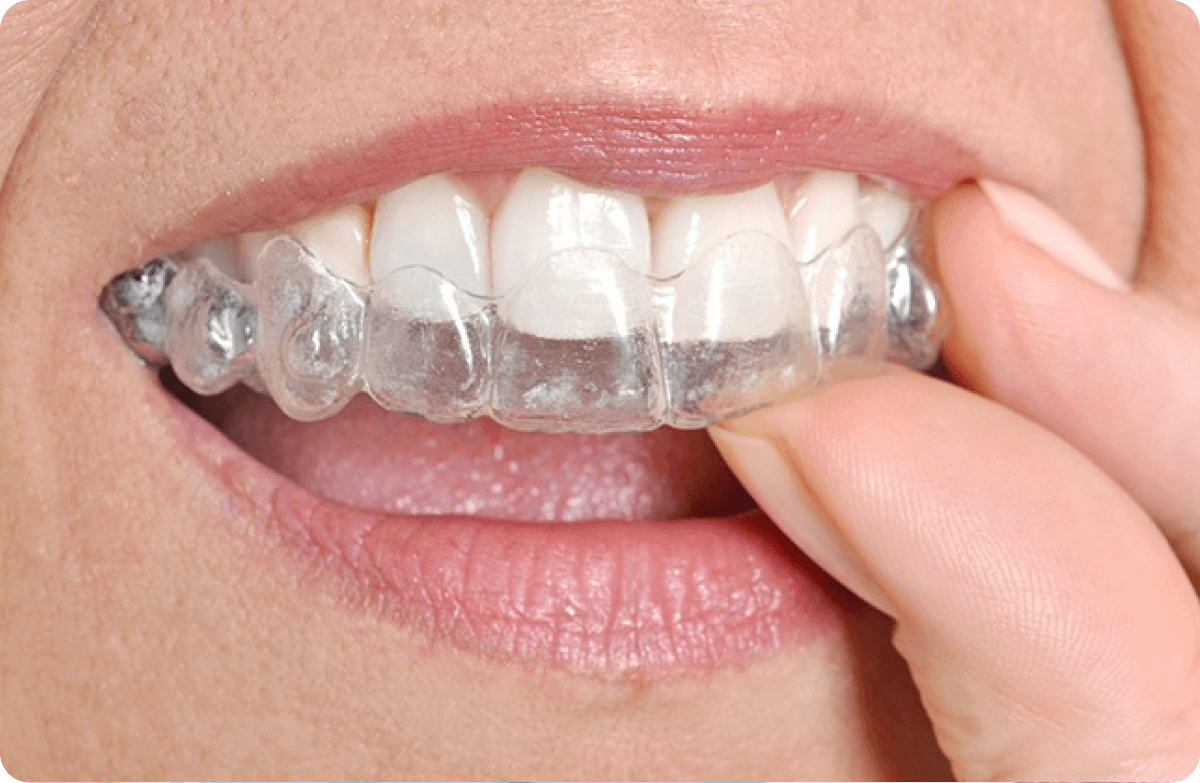A root canal is presumed to be one of the most painful dental procedures; however, this isn’t true. Although a root canal is often suggested when a patient experiences severe pain and discomfort in their teeth, it doesn’t necessarily have to be painful. A decayed tooth that is badly infected along with the nerves and blood vessels requires a root canal in Ottawa to eliminate the bacteria and prevent future reinfections.
What is a root canal treatment?
Simply put, a root canal refers to a comprehensive dental procedure aimed at removing the bacteria infecting a tooth and relieving the pain caused by it. It is a surgical process wherein the soft center of the tooth i.e. pulp which is made up of blood vessels, nerves, and connective tissues is removed permanently to protect it from future bacterial infections.
Why is a root canal performed?
A root canal in Ottawa is imperative when oral bacteria invade the pulp inside a tooth structure, become infected, and cause discomfort. This condition usually happens when a cavity is left unattended for a long time. Also, accidental injuries or trauma can also disturb the pulp’s health and make it unsettling.
The upper white portion or the crown of a tooth may or may not remain intact while the pulp is infected. Hence, a decayed tooth may sometimes go unnoticed for an extended period of time until it gets worse and starts paining. In most cases, the following are some common symptoms that may be indicative of a quick root canal consultation:
- Severe toothache
- Prolonged sensitivity issues
- Swollen and tender gums
- Tooth discoloration
- Recurring pimples on the gums
- Chipped and cracked tooth
- Injured tooth
Root Canal Treatment: The process
A root canal treatment may require two to three dental visits wherein an endodontist will conduct a thorough assessment of the existing condition to determine the damage and suitable treatment options. The initial consultation is followed by a series of X-rays to identify the shape of the canals and infection in the surrounding bone and tissues. Once the Xrays are done and the extent of infection is examined, the following are the steps that will complete the root canal treatment:
- Anesthesia & Preparation – In order to make the process less painful, local anesthesia is given in the adjoining gum areas for a numbing effect. People with dental anxiety are often prescribed to take oral sedatives to help them relax and stay calm throughout the process. Once the anesthesia is administered, a rubber-like dental dam is placed over the area to isolate the tooth and keep it dry.
- Pulp removal & cleaning – After placing the dental dam, your dentist will make a hole on top of the teeth i.e. the crown to have access to the pulp region. The infected blood vessels, tissues, and nerves are thereby removed using delicate dental instruments known as files. It is ensured that all the canals are thoroughly cleaned and free of bacteria.
- Disinfected & temporary fillings – Post the removal of the pulp, the dentist coats the entire area with topical antibiotics to eliminate the chances of reinfection. Once disinfected, a temporary filling is done using a dental rubber-like material called gutta-percha that is highly flexible. This is followed by a temporary sealing of the crown hole to prevent any damage from saliva or other bacteria entries.
- Final Restoration – Once the temporary filling and sealing are done, the tooth is left for some time to ensure that the infection is completely gone before sealing it permanently. Normal eating habits can be resumed post the root canal treatment; however, one should avoid chewing from the infected tooth until the final restoration is done.
Are there benefits to getting a root canal treatment?
Yes, of course! There are multiple benefits of getting a root canal treatment as compared to other alternatives. One of the key benefits of root canal consultation is instant relief from the severe pain and discomfort caused by a decayed or infected tooth. Some other key benefits of getting a root canal in Ottawa are listed as follows:
- Prevent the bacteria from spreading over to other adjoining teeth
- Offer instant relief from the severe pain and discomfort due to decayed tooth
- Eliminate the risks of jawbone damage
- Reduce the need for tooth extraction
Preventive Tips:
- Brush and floss twice a day at least
- Use toothpaste with fluoride content
- Replace the toothbrush regularly and use a good quality one
- Opt for regular dental check-ups and cleanings
- Eat healthily, avoid sugary drinks and foods
There You Go!
If you are struggling with discomfort or pain in the root region, it is best to see a dentist immediately. Consulting a dental specialist is imperative to figure out the cause of the issue and treat them appropriately. Urban dental centre in Ottawa is one such well-equipped professional clinic that offers a wide range of dental care and treatment facilities. Prolonged negligence of decayed and infected teeth can increase pain and damage the overall dental structure.





